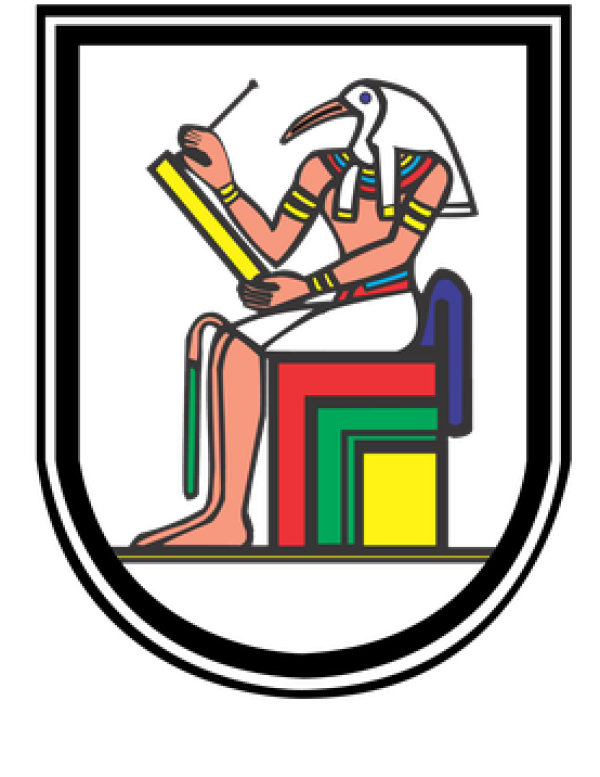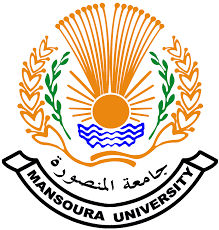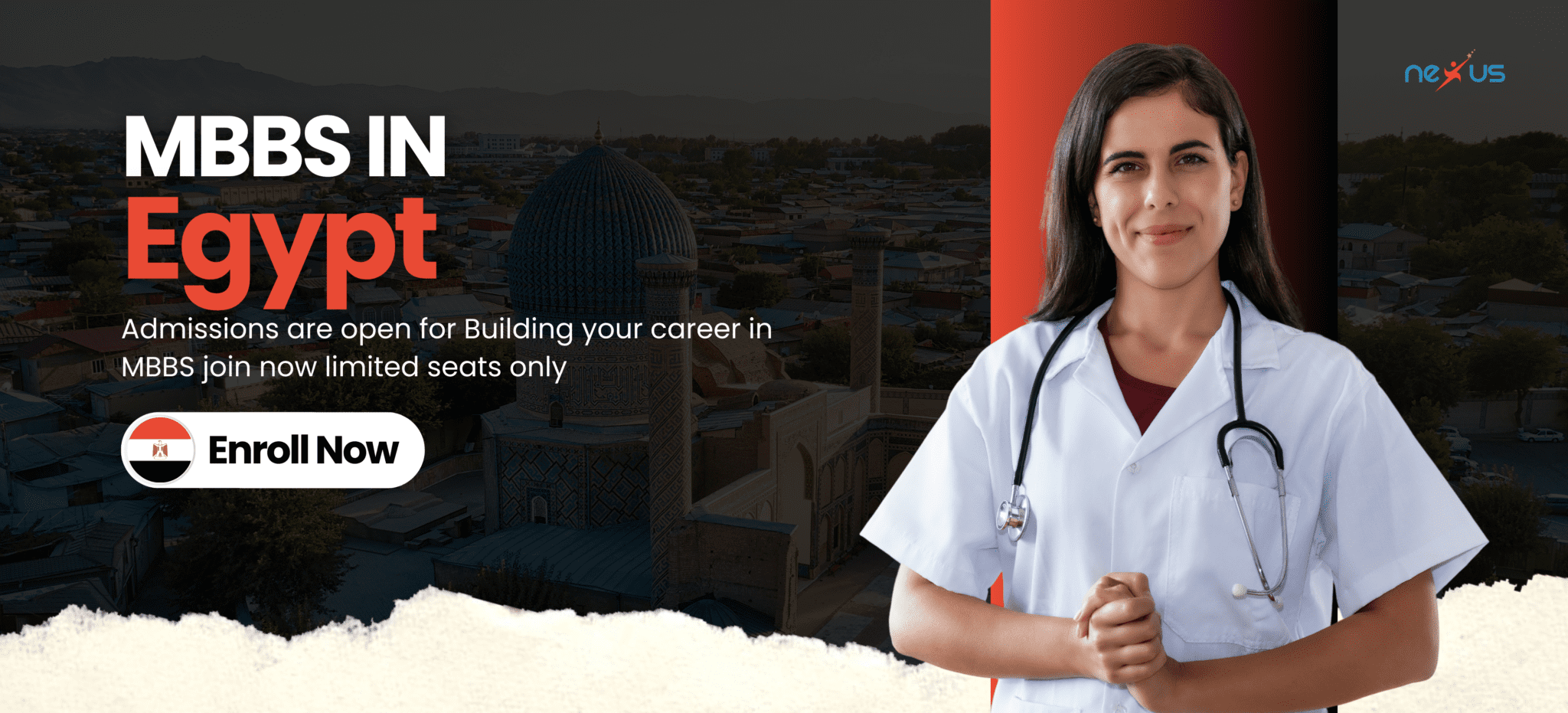Welcome to our comprehensive guide to Egypt
Egypt is renowned for its rich history and is also becoming a key hub for higher education. Egyptian universities are recognized for their diverse academic programs, innovative research, and modern facilities. For students interested in non-medical fields, Egypt offers a wide range of programs in business, engineering, technology, arts, and social sciences. Here are some of the top non-medical universities in Egypt
- Weather
- Currency
- Population
- Distance from India
Egypt has a desert climate with hot summers and mild winters. Summers (May to August) can be extremely hot, especially in southern regions, with temperatures reaching up to 40°C (104°F). Winters (November to February) are milder with temperatures around 15°C to 20°C (59°F to 68°F). Rainfall is scarce, mostly occurring in the northern coastal areas during winter months.

The official currency of Egypt is the Egyptian Pound (EGP), often abbreviated as “LE” (Livre Egyptienne).

As of 2023, Egypt’s population is estimated to be around 111 million people, making it the most populous country in the Arab world.

The approximate air distance between India (New Delhi) and Egypt (Cairo) is around 4,400 kilometers (about 2,735 miles). Flights typically take around 5-6 hours depending on the route and airline.

MBBS curriculum in Egypt is designed to provide students with a comprehensive understanding of medical science, clinical skills, and patient care. The program typically lasts for six years and is divided into three stages.
Stage 1: Pre-Clinical Years (Years 1 and 2)
The first stage of the MBBS program covers the basic sciences, including Anatomy, Physiology, Biochemistry, Histology, Pathology, Microbiology, and. These courses provide students with a foundation in the basic principles of medicine and the human body. During this stage, students also receive training in medical ethics, communication skills, and research methods. Students are also required to attend clinical skills workshops, where they learn the basics of taking a medical history, performing a physical examination, and other clinical skills.
Stage 2: Clinical Years (Years 3, 4, and 5)
The second stage of the MBBS program covers the clinical sciences, including Internal Medicine, Surgery, Pediatrics, Obstetrics & Gynecology, and Psychiatry. These courses are designed to provide students with an understanding of the diagnosis, treatment, and management of common medical conditions. During this stage, students receive extensive clinical training in hospitals and clinics, where they work under the supervision of experienced medical professionals. Students are also required to attend lectures, seminars, and clinical skills workshops to enhance their knowledge and skills.
Stage 3: Internship (Year 6)
The final stage of the MBBS program is the internship, which provides students with hands-on experience in a clinical setting. During this stage, students must complete rotations in various departments, including Internal Medicine, Surgery, Pediatrics, Obstetrics & Gynecology, and Emergency Medicine. The internship is designed to allow students to apply the knowledge and skills they have learned throughout the program in a real-world setting. Students work under the supervision of experienced medical professionals, and they are responsible for diagnosing and treating patients under the guidance of their mentors. After completing the internship, students are required to take the medical licensing exam in Egypt, which is required for practicing medicine in the country. Overall, the MBBS curriculum in Egypt is designed to provide students with a comprehensive understanding of medical science, clinical skills, and patient care. The program combines classroom instruction with hands-on clinical training to prepare students for a career in medicine.
Advantages of Study MBBS in Egypt
- Egypt has the most reliable quality education, and the expense of medical training in Egypt is low.
- MBBS in Egypt is a simple admission procedure.
- Moderate expenses without the donation.
- The medical universities are operated with exceptional research centre offices.
- The medical schools in Egypt follow the US-based educational plan.
- The Universities have encountered resources that follow well-suited educator student proportion.
- Medical services are provided to clinical alumni.
- The students are given brilliant training with the goal that they are qualified to clear the screening tests like USMLE, MCI FMGE, PLAB, AMC, and so forth, worldwide acknowledged medical graduation for your future profession.
- A chance to earn while working.
Admission Process for MBBS in Egypt
The admission process for MBBS in Egypt is as follows-
- Apply on the Ministry of Education portal Egypt.
- Send the scanned copies of the documents.
- Pay registration fees to Ministry of Education within the given time window.
- Get the invitation letter if accepted by Ministry
- Submission of Original Documents to Authorities
- Apply for the visa.
- Get the permit within two weeks.
- Inform the date of arrival.
- Fly to Egypt and start attending your lectures.
Required Documents for MBBS in Egypt
The student should keep all of these ready before taking admission. The required documents for MBBS in Egypt are as follows-
- Original and Copy of Passport
- Copy of 10th and 12th Mark sheets
- Copy of invitation letter
- Birth certificate
- Medical certificate
- 10 Passport size photographs
- AIDS/HIV Test should be attested by the ministry of foreign affairs.
- Medical Test.
The Eligibility Criteria for MBBS in Egypt
The eligibility criteria for pursuing MBBS in Egypt are as follows-
- Students should pass out 10 + 2 with a regular board.
- 75% marks in physics, chemistry, biology. (Some universities accept 70% also)
- Cleared NEET.
Life in Egypt
- Cultural Heritage: Egypt’s ancient wonders, from the pyramids to the Nile, are more than just history—they’re a living part of the country’s identity and pride.
- Natural Beauty: Whether it’s the sparkling Red Sea or the mystique of the endless desert, Egypt’s landscapes are as rich and diverse as its culture.
- Resilient People: Egyptians are known for their warmth and strength, balancing their deep cultural roots with a forward-thinking outlook.
Egypt :- Duration – 5 Years
College Fee- 24-32 Lakh

Cairo University
Giza, Egypt
MBBS ( Medicine )
Course Level: Bachelor's
Course Duration: 6 Years

Ain Shams University
Cairo, Egypt
MBBS ( Medicine )
Course Level: Bachelor's
Course Duration: 6 Years

Alexandria University
Alexandria, Egypt
MBBS ( Medicine )
Course Level: Bachelor's
Course Duration: 6 Years

Helwan University
Helwan, Helwan El-Balad, Helwan, Egypt
MBBS ( Medicine )
Course Level: Bachelor's
Course Duration: 6 Years

Mansoura University
Mansoura, Egypt
MBBS ( Medicine )
Course Level: Bachelor's
Course Duration: 6 Years

Tanta University
Tanta, Egypt
MBBS ( Medicine )
Course Level: Bachelor's
Course Duration: 6 Years


